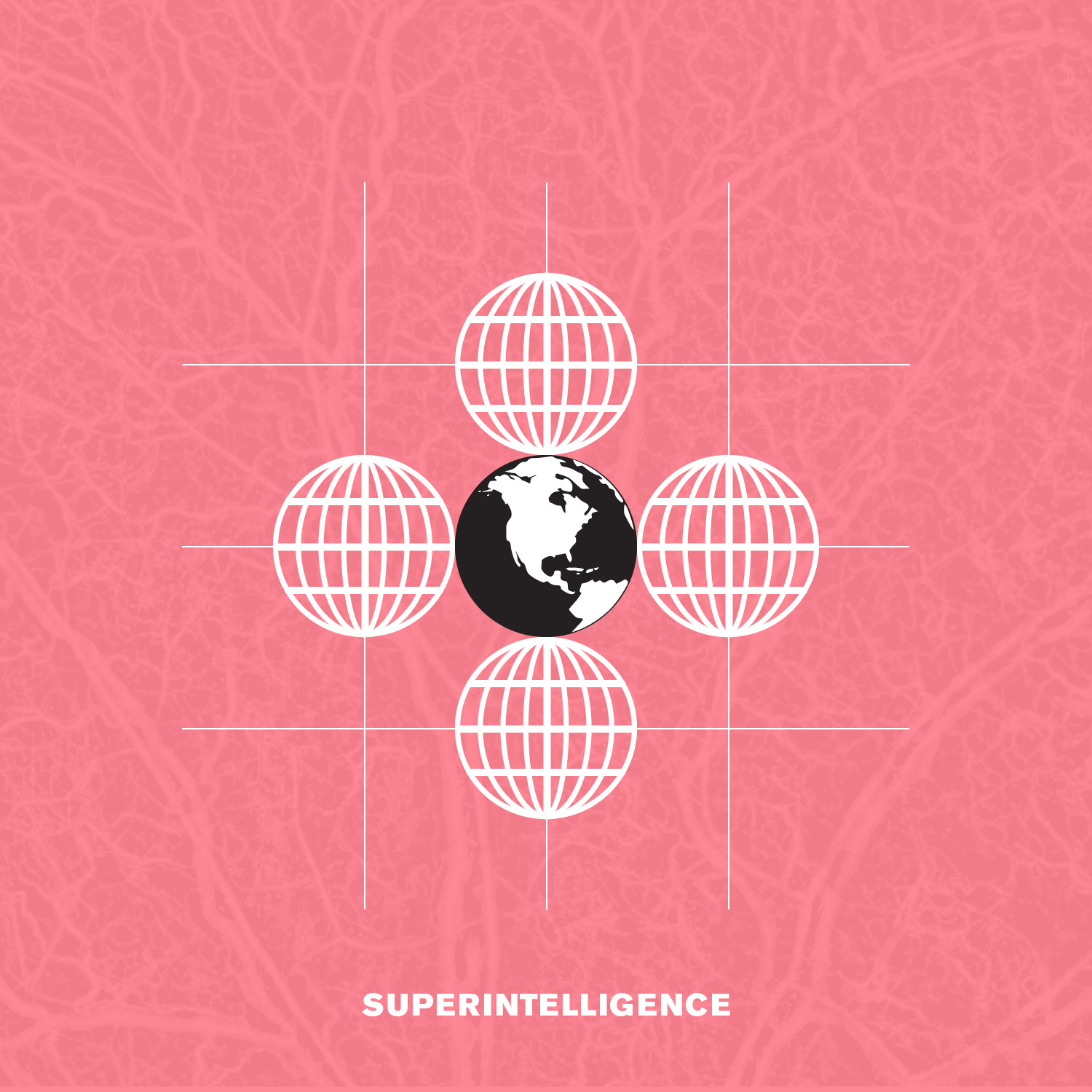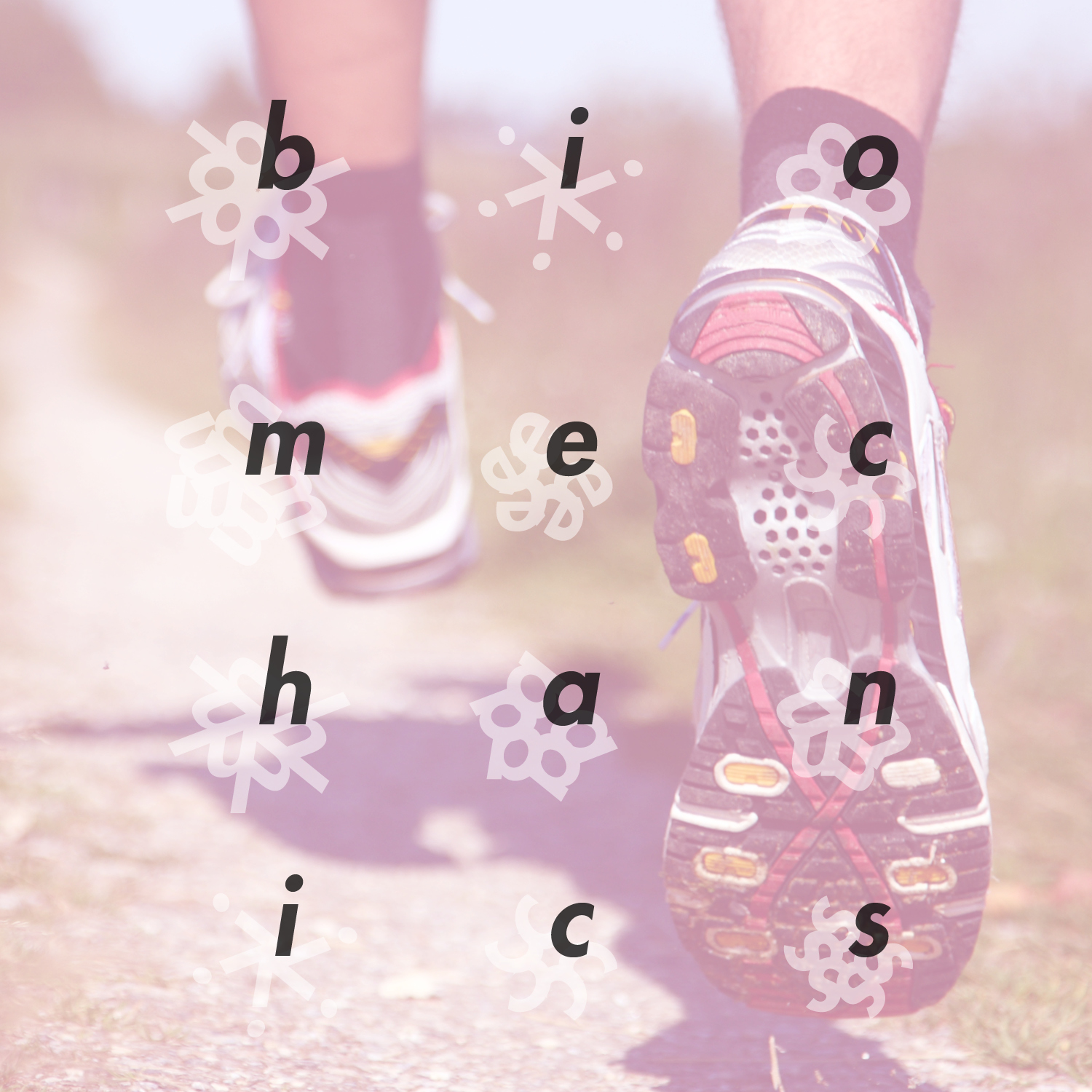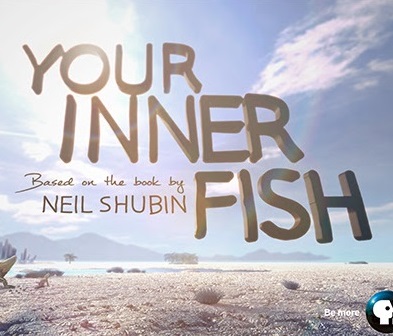Events
C2ST achieves its mission by hosting relevant, independent, and credible public STEM programs across all scientific fields at locations throughout Chicagoland. With nine out of ten program attendees’ expectations fulfilled, our supporters agree that C2ST is accomplishing its mission of increasing the public’s understanding of science and technology.
Miss an event? Anyone across the globe can access our STEM program library by visiting our YouTube channel, C2ST TV. Also be sure to follow us on Facebook, where we livestream many of our programs.
Check out below what programs we have planned and discover what we’ve hosted in the past.
The following testimonial from a C2ST supporter demonstrates the scope of our programming:
“A few years ago you hosted a talk called “The Science of Addiction”…I am a mother of a son who has been battling heroin addiction (substance abuse disorder)…As a person who taught and believed in science, I was frustrated going to family meetings where I was told repeatedly we were powerless. Then I attended the lecture hosted by C2ST and asked the question of what we could do to help support their research…Thank you so much! This lecture gave me direction and helped me feel like I had a purpose.”
Filter Events
September 8, 2014
Northwestern University, Chicago Campus, Hughes Auditorium
303 East Superior Street, Chicago, IL, USA
Program Series:
Science and Society
Superintelligence asks the questions: What happens when machines surpass humans in general intelligence? Will artificial agents save or destroy us? Nick Bostrom lays the foundation for understanding the future of humanity and intelligent life.
August 23, 2014
Hilton Chicago
720 S Michigan Ave, Chicago, IL, USA
Program Series:
Health and Wellness
Coinciding with the Transamerica Chicago Triathlon, Dr. Steven McCaw of Illinois State University will bring us the latest research and advances in the science of running. If you are one of the millions of Americans who run for exercise or recreation, you won’t want to miss this event.
April 30, 2014
Northwestern University, Chicago Campus, Hughes Auditorium
303 East Superior Street, Chicago, IL, USA
Program Series:
Climate, Energy, and Environment
Climate security has brought environmentalists and militaries across the world into a unique accord: both are concerned by the effects that climate change does and will have on existing situations of insecurity. The U.S. Department of Defense declared the threat of climate change impacts a very serious national security vulnerability that, among other things, could enable further terrorist activity. They deem climate change a “threat multiplier.”
April 3, 2014
Reva and David Logan Center for the Arts, Performance Hall
915 East 60th Street, Chicago, IL, USA
Program Series:
Life Science
UChicago Science on the Screen
Your middle ear comes from the jawbone of a prehistoric fish. Your skin and hair can be traced to a shrew-like mammal that lived around 195 million years ago. As for your bad back — well, you can thank your primate ancestors for that. How did the human body become the complicated, quirky and amazing machine it is today?
April 2, 2014
University of Illinois at Chicago, Behavioral Science Building, Room 250
1007 West Harrison Street, Chicago, IL, USA
Program Series:
Physical Science
Predicting the Technologies of Our Future
Star Trek is a story of exploration that has fascinated us for the last 50 years.
A crucial part of this story are unbelievable scientific and technological advances — warp drive, wormholes beaming technology, holodecks — that make the exploration of the universe possible.
March 12, 2014
Illinois Institute of Technology, McCormick Tribune Campus Center, McCloska Auditorium
3241 South Federal Street, Chicago, IL, USA
Program Series:
Health and Wellness
The safety of the food supply has emerged as an important and complex global public health, social, and political issue. Although accurate statistics on the scope of foodborne illness are lacking, the most recent estimates published by the United States Centers for Disease Control and Prevention (CDC) indicate that as many as 48 million cases, 128,000 hospitalizations, and 3,000 deaths are caused by foodborne illness each year in the U.S.





